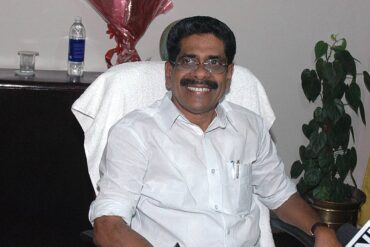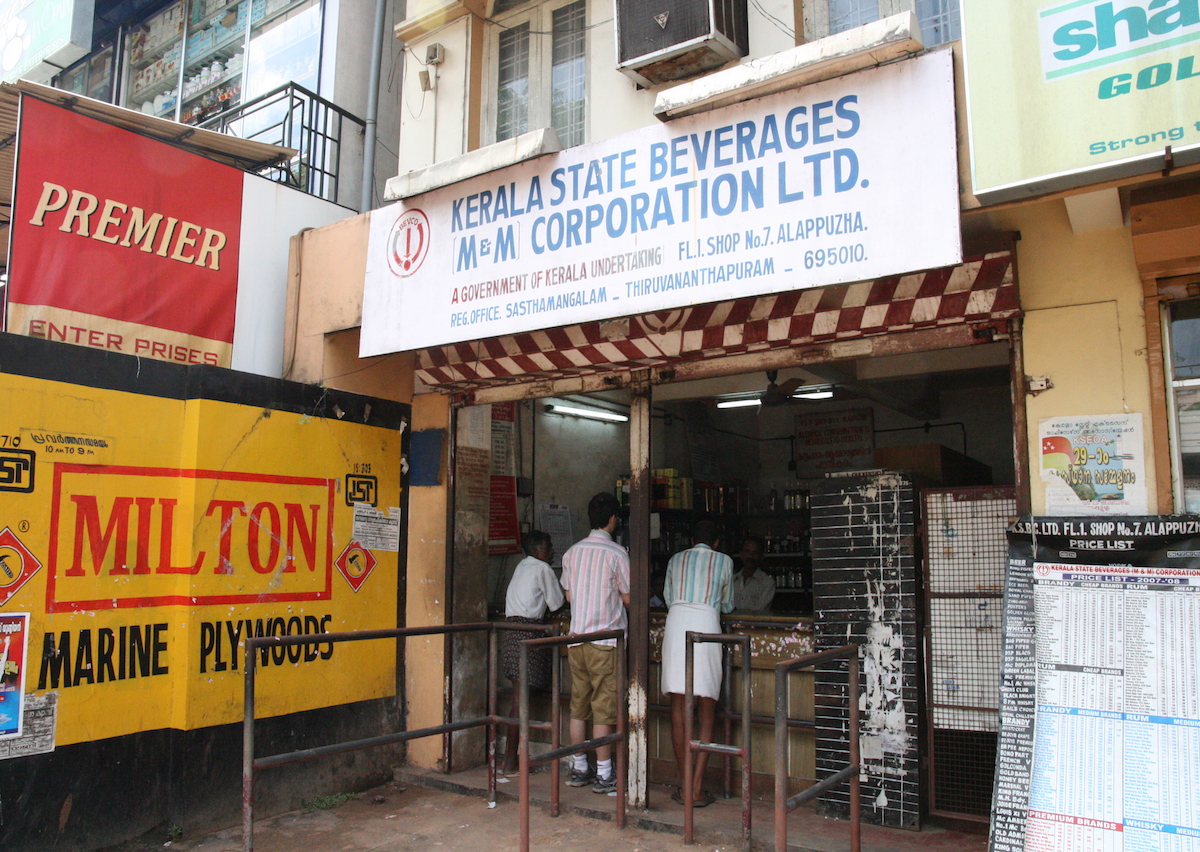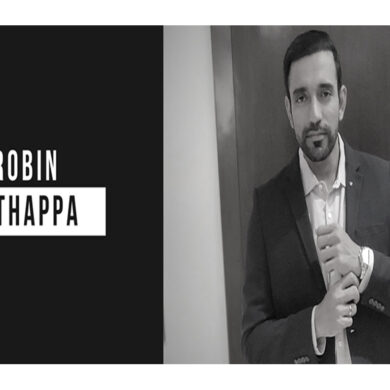Alcohol abuse and alcohol ban problem in Kerala is an age-old sore spot. But none had been as severe as the UDF’s government’s decision to shut down nearly 730 bars on 31st May 2015. Liquor licenses were granted only to five star hotels and bars that have been following code of conduct were turned into beer and wine parlours.
The state has been reeling under the effect of this decision ever since with people queuing up outside licensed beverage stores for their daily bottle. Adults and school students alike, began misusing cough syrups for a high, which called for inspections at medical stores by Excise Department and Drugs Control Department in January this year. Also, according to reports, drug abuse among school children have increased.
In a recent development, Kerala Government has urged the Supreme Court on not to consider toddy, beer and wine as liquor. The Supreme Court had earlier passed an order to shut liquor shops on national and state highways, Kerala Government sought a clarification on whether beer and wine parlours and toddy shops will be included in the ban order.
The deadline to pull the shutters on these shops has been set as April 1. Licences of these shops will not be renewed post the date. Nine states including Assam, Maharashtra and the Union Territory of Puducherry have moved a plea asking for a modification of the said rule. The court hopes this ban wont affect income generated from tax revenue to a large extent.
For a state like Kerala, where alcohol abuse has been a hot topic of debate since decades, a decision like this, if implemented could have some serious social repercussions.
According to psychologist Sonali Pradeep, “Drugs are already available in schools and drug abuse is on the rise in the State as a whole. Further ban on beer and wine parlours will only worsen the situation. People will definitely be on the lookout for more lethal and cheaper options to toddy. There are some who seek a high by even smelling kerosene, petrol and nail polish remover. Addiction of any kind is a tough challenge for any society. But more stringent rules aren’t going to help. Those who cannot afford alcohol will still continue to buy it even if they have to sell personal belongings and property for it. Than bringing about rules and bans like these, the government should focus on promoting mental health and creating awareness for the same.”
The problem at hand definitely is a vicious circle. One of the main reasons people take to drinking or any kind of abuse is because of depression, poor mental health and recurrent financial loss. To prevent this, there needs to be awareness camps and free or subsidised mental health care options. Another tip of the iceberg is to alter union rules and regulations that often make it difficult for businessmen to flourish and when they face heavy economic loss, they tend to seek solace in alcohol and other substances. Social-economic problems like these need to be addressed at the root.
Between 2014-15, many bar employees committed suicide as they lost their jobs due the government’s decision to ban bars. According to statistics, an individual in Kerala consumes up to eight litres of alcohol yearly which surpasses the national average of 5.7 litres. So, though the government may be passing various rules like shutting bars and not letting people take home bottles from beer and wine parlours stating that they want to protect youth from destroying their lives, the larger picture needs to be taken into consideration.
True, alcohol abuse has led to road accidents and domestic violence even. But a total ban a solution?
Image courtesy: Kjetil Ree from Oslo, Norway, Vinmonopolet avdeling Kerala, CC BY-SA 2.0 via Wikimedia Commons







